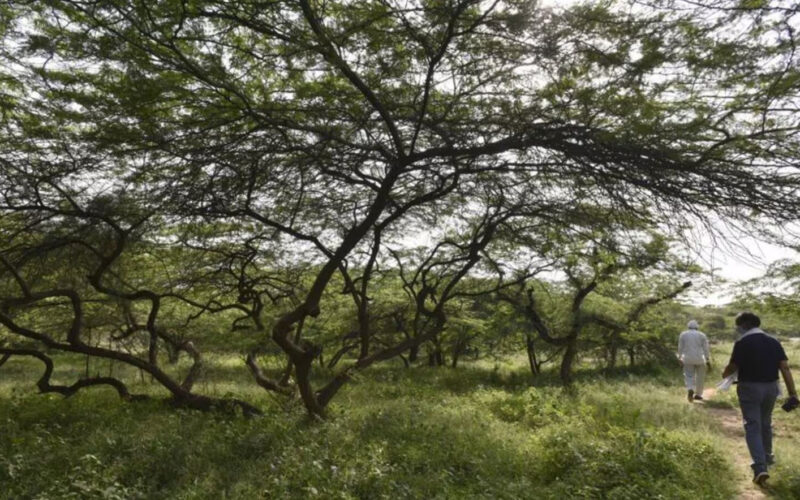December 13, 2023 – (New Delhi): In a landmark decision, the Delhi High Court has intervened to block the State’s Forest Department from organizing a walkathon and cyclotron in the Asola Bhatti Wildlife Sanctuary. The court, alarmed by potential risks to both participants and the sanctuary’s animal residents, deemed the events unsafe and ordered an immediate halt.
Justice Jasmeet Singh, heading the proceedings, raised serious reservations about the lack of safety and security measures for the activities scheduled on December 9 and 10. He remarked, “The potential for this event to become a misadventure is apparent, given the unknown locations of the animals, lack of isolation in their movement areas, and an absence of a concrete plan.”
Emphasizing the necessity of meticulously planned safaris and sanctuary entries to strike a balance between eco-tourism and wildlife preservation, Justice Singh drew attention to the overlooked aspects such as waste disposal and noise prevention associated with the mass event.
Despite the Forest Department’s expectation of a hundred participants, the court found no documented evidence of preparations. Criticizing the seemingly mechanical approval process, Justice Singh pointed out the absence of a thorough analysis regarding the potential threats to both participants and the sanctuary’s diverse wildlife.
The court’s directive was issued during an ongoing hearing addressing the issue of illegal encroachments on reserved and notified forest land in the Aravalli hill range in village Asola. The Asola Bhatti Wildlife Sanctuary, diminished to 32 square kilometers due to encroachment, is home to a rich biodiversity, including 250 bird species and 25 mammal species like leopards, striped hyenas, nilgai, golden jackals, and jungle cats.
Justice Singh also expressed deep concern over a recent leopard sighting in south Delhi’s Sainik Farms, believed to have originated from the Asola Bhatti Wildlife Sanctuary. The leopard allegedly attacked three individuals, raising apprehensions about the safety of residents and the wildlife cohabiting in the vicinity.
This court decision underscores a commitment to safeguarding wildlife habitats and advocating for responsible eco-tourism practices, highlighting the importance of striking a balance between human activities and the preservation of delicate ecosystems.
